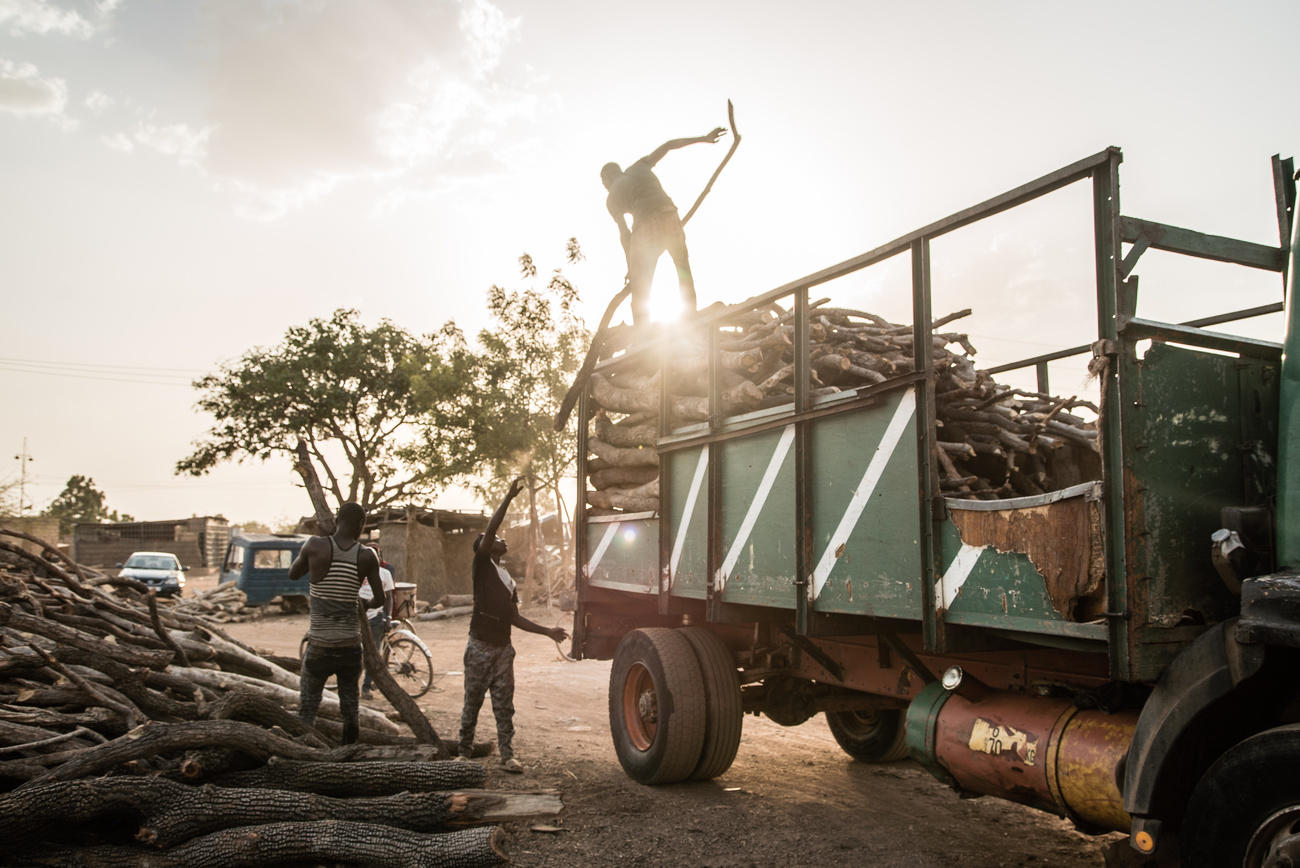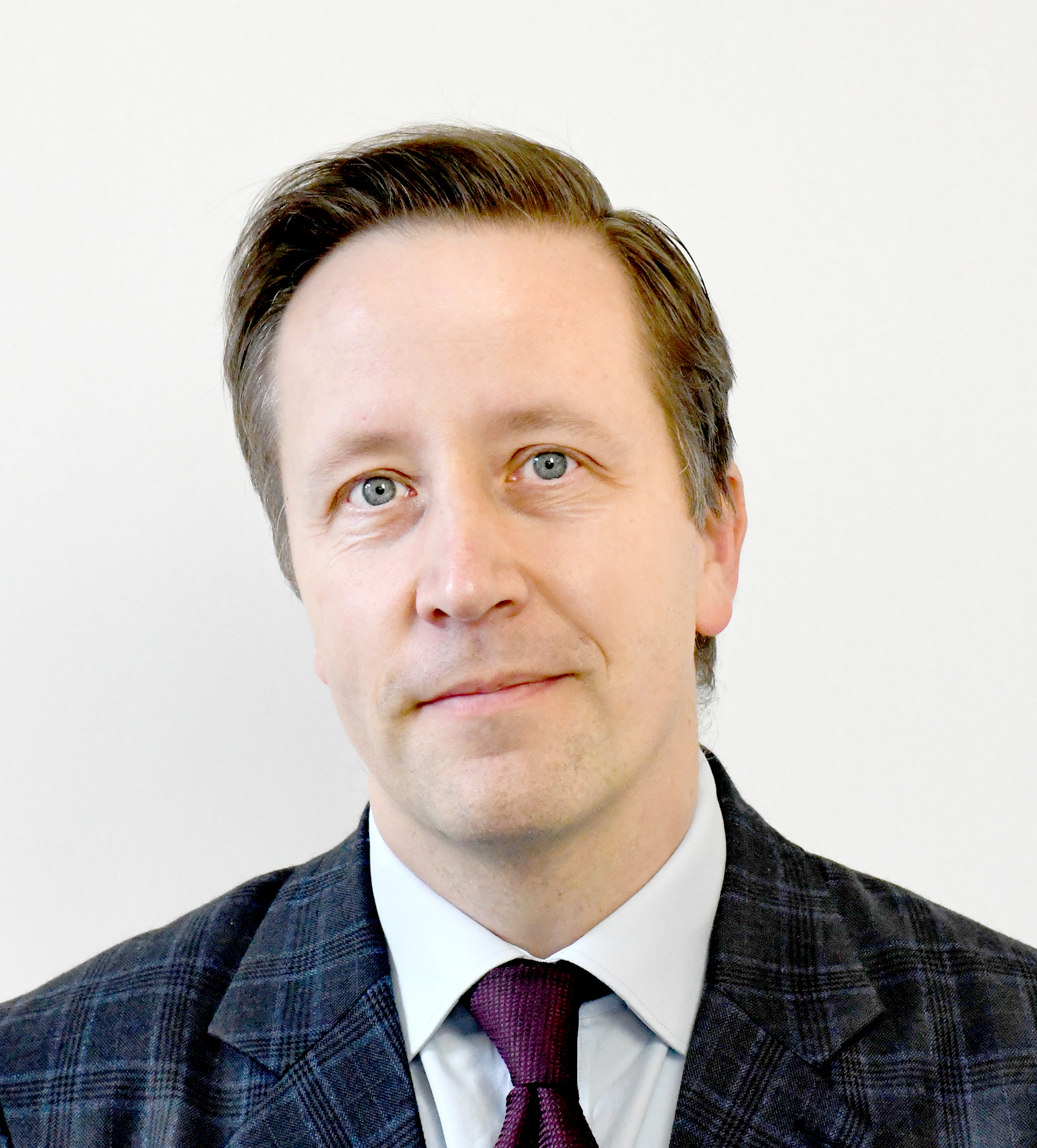
Green corruption – a planetary crime fought from Basel

The environmental crisis has raised the profile of green corruption (corruption or financial crime that causes harm to the environment and biodiversity) on the global agenda. Although corruption has long undermined conservation efforts, the Basel Institute on Governance was one of the first to sound the alarm.
The Basel-based non-profit organisation is now at the centre of global efforts to target the corruption and financial crimes that make environmental crimes both possible and lucrative. Such efforts are gaining traction. Several sessions during the 2022 International Anti-Corruption Conference (IACC) held in December in Washington D.C. not only focused on green corruption for the first time, but drew large audiences. At the week-long conference, the Basel Institute together with Transparency International, the World Wide Fund for Nature (WWF) and TRAFFIC launched a practitioners’ forumExternal link to boost collaboration between people and organisations engaged in environmental conservation and anti-corruption work.
SWI swissinfo.ch caught up with Juhani Grossman, head of the Basel Institute’s Green Corruption programmeExternal link since 2020. He oversees efforts to study and address corruption and financial crime connected to illegal trade in wildlife, forestry and timber products, fishing and mining, as well as the illegal waste trade.
SWI swissinfo.ch: How does the Basel Institute tackle green corruption?
Juhani Grossman: Most of our work focuses on building the capacity of our partner countries. In Latin America, we are currently working with authorities in Peru and Bolivia – and Ecuador starting in 2023. We also have fruitful engagements with authorities in Uganda, Malawi and Indonesia.
“We have a three-pronged approach. The first is enforcement-focused and seeks to strengthen national agencies tasked with tackling environmental corruption and crime after it’s already taken place. We help those agencies to follow the finances related to environmental crime and get to those who really profit from destroying our environment.
The second pillar is focused on preventing environmental corruption from occurring in the first place. That utilises our in-house expertise related to compliance and corruption prevention. Our teams help to build the capacity of environmental agencies and state-owned enterprises in the natural resources sector to manage their own corruption risks.
The third addresses the lack of evidence around how corruption manifests itself in the environmental sector. Our research helps to fill this critical gap.”

SWI: Can you give us a concrete example of green corruption?
J.G.: There was a fishing vessel caught operating illegally in a Latin American country. The owner of the vessel paid a small fine and then immediately continued the illegal fishing operation. That’s both frustrating and very representative of the legal responses typically in place in a lot of the countries where we operate.
In this case, we worked with the prosecution service to look at additional options to sanction this particular individual. We advised them to make use of a legal provision that allows the tools that are being used when committing a crime to be confiscated by the government – in this case, the fishing vessel.
We didn’t have to prove criminal violations by the owner or the captain of the vessel, which is typically very difficult to do. All we had to prove was that the fishing vessel itself was operating illegally. We were able to do that using the GPS coordinates of the fishing vessel and an overlay of those GPS coordinates over the topographical map near the shore.
The next step would be to investigate the financial aspects of the fishing operation to see who was really profiting from the illegal fishing and how. This may also reveal bribes paid to port officials and inspectors to turn a blind eye. In many cases, seemingly individual cases of illegal fishing or poaching turn out to be part of a much wider criminal network and involve collusion by local and sometimes national public officials.
SWI: Is environmental corruption on the rise?
J.G.: Whether environmental corruption is getting more prevalent is difficult to measure, but the amount of money flooding into climate or biodiversity-related projects means it definitely will unless we get a handle on it. Similarly, the increased demand for transition metals needed for electrification makes corruption prevention even more critical in the mining sector.
Are law enforcement cases that are being made on the rise? Yes, but that’s a good thing. Governments are increasingly taking green corruption more seriously, as are development organisations and other donors.
SWI: Is the Global South paying for the environmental crimes of the Global North?
J.G.: While that is partially correct, the picture is a lot more complex than that. Unsustainable or illegal international trade in natural resources does tend to go from resource-rich but economically poor countries to wealthier countries, with the former suffering the environmental degradation. A lot of the supply chains, however, are not just south to north, but also south to east or north to south in regard to waste. Criminal enterprises based in the Global South are much involved in the illegal “business” and are orchestrating global trading routes. So, while we may be the ones consuming the majority of the illegally traded goods, and our demand of course creates the supply, it’s not a simple equation.
SWI: Tell us about waste corruption.
J.G.: Some of the waste that is sent for recycling in the West is in fact not recycled. Instead, it is shipped illegally – with the help of bribes and, similar to a case in ItalyExternal link, with organised crime – to poorer countries that don’t have very strict waste management guidelines or, where such guidelines exist, enforcement. Import restrictions, unfortunately, are often at risk of being circumvented through bribery.
SWI: How much does green corruption cost the global economy?
J.G.: There are wide-ranging monetary estimates. You are talking tens of billions, hundreds of billions every year in illicit financial flowsExternal link related to various natural resources.
There are calls to monetise the negative impact of environmental crime, so that it is taken more seriously. But it is challenging to put a monetary figure on harm to the environment, biodiversity and human health. While there are increasingly efforts to express this harm in the language of financial accounting, these are not yet mainstream, leading to an undervaluing, and thus deprioritisation, of environmental crime.
SWI: Are corruption risks any different in the renewable energy sector?
J.G.: Renewable energy projects have plenty of corruption vulnerabilities, not least because they involve large amounts of investment. As they emerge, I think we’re going to see more and more scandals related to that.
Some overlap with existing high-risk sectors. For example, hydroelectric dams suffer from the well-known corruption risks of the infrastructure sector. Solar and wind energy projects suffer more from risks related to the tech sector and the sourcing of the specific metals and rare elements that are required to build these – which are increasingly scarce and hence competitive and prone to corruption – resemble the risk profile of the mining industry.
So, as new players enter these markets, we have to make sure that their corruption prevention systems are also up to speed, especially as they are likely to have grown rapidly and are therefore exposed to more corruption risks.
SWI: What are the most successful anti-corruption strategies when it comes to protecting the environment?
J.G: Two and a half years ago, there was almost very little focus on this field, outside of our partners at the Targeting Natural Resource CorruptionExternal link programme. Now, we have seen so much interest from both the conservation and anti-corruption community that we were able to launch an entire community of practice with three of the world’s leading anti-corruption and conservation organisations. We also saw tremendous interest in this theme at the International Anti-Corruption Conference in December. This is, of course, very exciting, but it is all brand new. Any estimation of what’s successful and not is certainly premature.
On the enforcement side, follow-the-money approaches are very promising. Not just to pursue and trace where the funds came from for the illicit activities, but because following the money leads to the leadership of these criminal organisations. Up to now the leaders have rarely been the targets of enforcement efforts and we want to help change this, as we have done for over a decade already in the field of asset recovery. Being able to confiscate either the tools of the crime, like we did with the fishing vessel, or the profits themselves, is both devastating for these criminal syndicates, and a relatively simple enforcement approach.
On the prevention side, the part that I see as most promising, because it’s currently the most underdeveloped, is building systems that strengthen institutional immunity of environmental agencies and state-owned enterprises in natural resource sectors against corruption. We’re engaged in close partnerships with visionary environmental agencies in Peru, Malawi and Indonesia to do just that. These institutions understand that, unless they get better at controlling their internal corruption risks, society will never get a handle on corruption in the environmental sector.

In compliance with the JTI standards
More: SWI swissinfo.ch certified by the Journalism Trust Initiative





























You can find an overview of ongoing debates with our journalists here . Please join us!
If you want to start a conversation about a topic raised in this article or want to report factual errors, email us at english@swissinfo.ch.